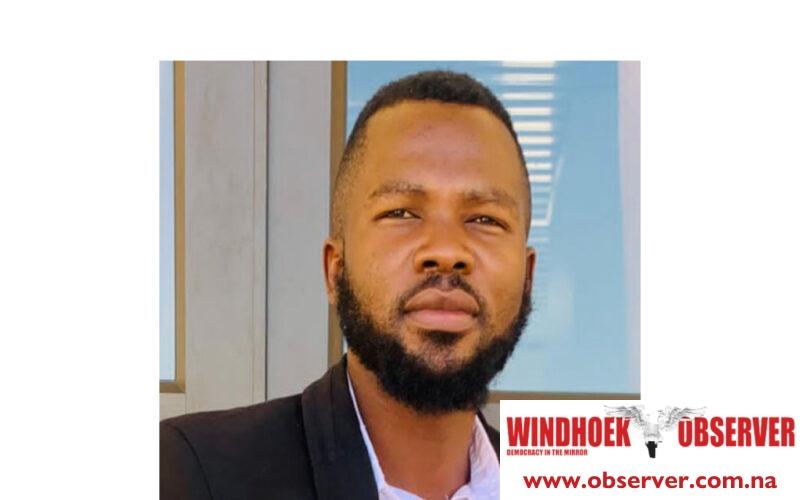Sakaria Johannes
According to Karl Marx, class consciousness is the awareness by a social class of its own position, interests, and power in relation to other classes within the structure of a society. As Namibia heads toward the regional and local authority elections this November, the role of young people in shaping the future of this nation cannot be overstated. This moment demands not only youth participation but also youth awakening. It is a time for young Namibians to rise with clarity, purpose, and class consciousness, to seize democratic spaces and steer the country toward a more just and equitable society.
Understanding class consciousness
Class consciousness is the awareness of one’s social and economic class and the collective interests that arise from it, especially in opposition to a ruling elite or exploitative system. It is the realisation that individual struggles, be their unemployment, poor education, lack of housing, or economic exclusion, are not isolated incidents but symptoms of a broader system designed to benefit a small group at the expense of the majority.
For Namibian youth, developing class consciousness means recognising that their marginalisation is not a personal failure but the outcome of a political and economic structure controlled by a few elites. It is understanding that systemic change will not come from waiting, complaining, or merely hoping; it will come from organised actions.
Elections as a tool for liberation
Democracy provides a legitimate and powerful channel for change. While elections alone do not dismantle systems of oppression, they offer a platform for the oppressed to organise, challenge power, and assert their voice. For too long, young people have been used as voting tools, mobilised only to serve the interests of the political elite. This must end.
This year’s regional and local elections are an opportunity for young people to become not just voters, but leaders and changemakers. Class-conscious youth should contest seats in their constituencies, support independent or youth-led movements, and mobilise their peers to vote with purpose.
Rather than merely complaining about corruption, exclusion, or lack of opportunities, the youth must formulate strategies; organise community meetings; pool resources, and run coordinated campaigns that speak to the real issues affecting them. They must challenge the status quo not just through protest, but through presence, by being on the ballot, in council chambers, and in decision-making rooms.
Unity is power
When youth unite around a shared vision for justice, dignity, and economic liberation, they become an unstoppable force. History teaches us that every significant political shift has been driven by youth who refused to accept the world as it is. In Namibia, young people must reclaim that spirit, not to be divided by political party colours, but to be united by a common purpose: freedom from poverty, corruption, and inequality.
The elites may have money, but the youth have numbers, energy, and legitimacy. If youth organise with class consciousness, if they vote and lead with intention, they can shift the direction of this country toward a fairer and more inclusive future.
Conclusion
Namibia’s future is not written in stone. It is being shaped right now, and youth have the power to shape it. The upcoming elections are not just about choosing leaders; they are about reclaiming power. Let young people stand up in their constituencies, speak truth to power, and act with strategy and unity. Let them no longer be passive observers but active agents of transformation. Let them be conscious, courageous, and committed, because true liberation begins with awareness, and it is won through collective action.
*Sakaria Johannes is a political science graduate from the University of Namibia. He can be reached at sackyuutsi@gmail.com.


